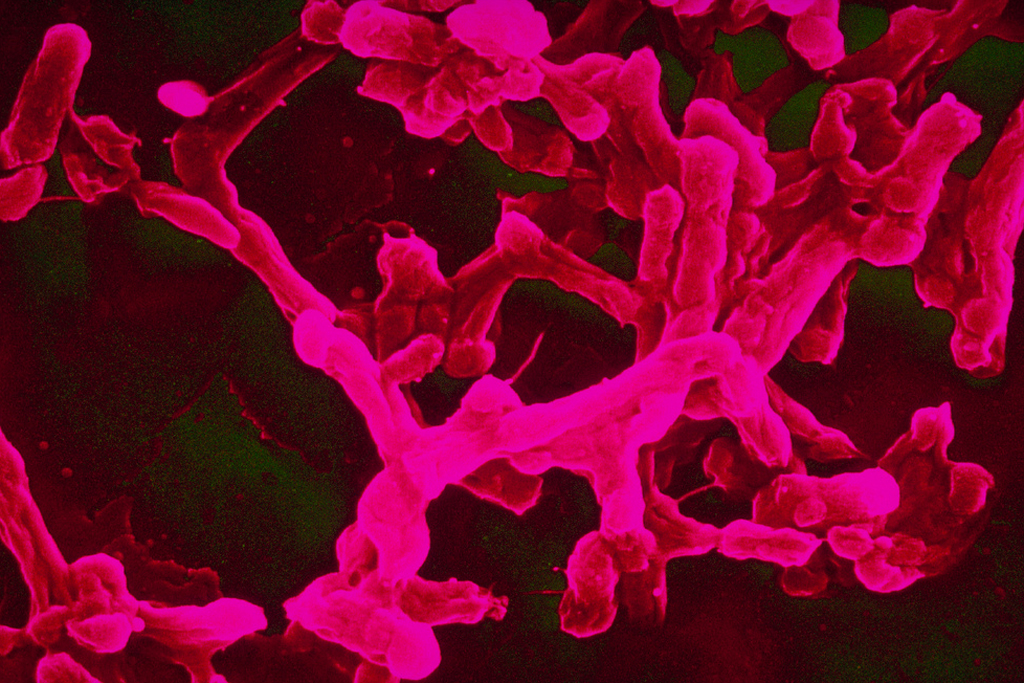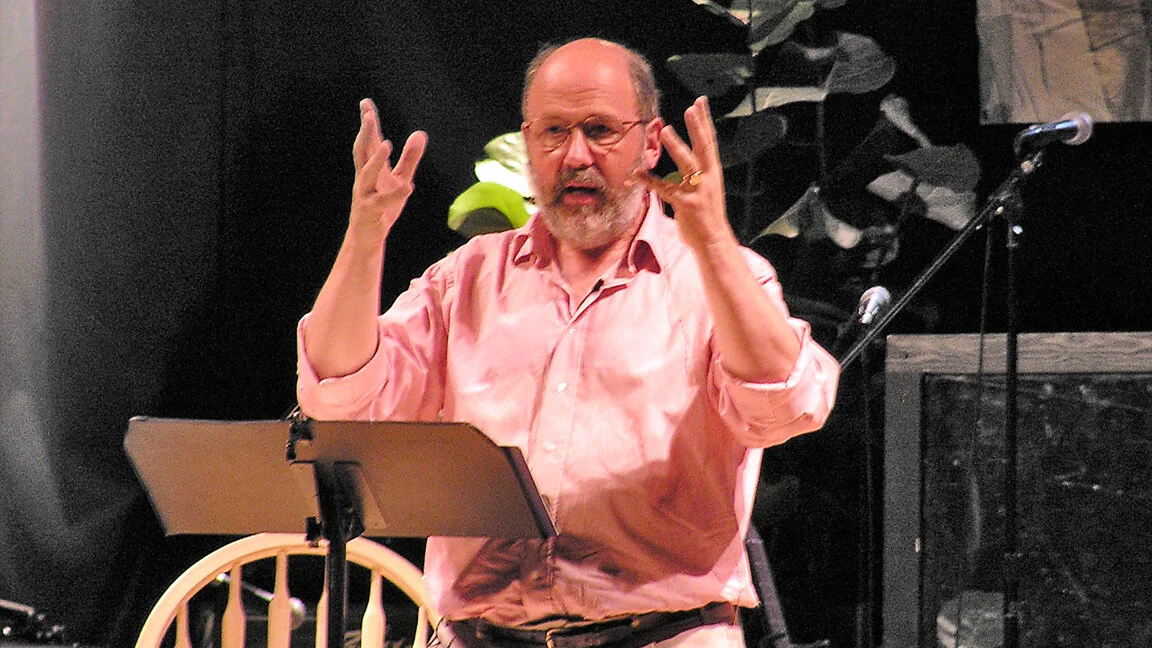Reflection: N.T. Wright and a Theology of Disease
WCIU Journal: Health and Disease Topic
April 25, 2015
by Beth Snodderly
This reflection was originally published by the Roberta Winter Institute.
UPDATE, October 3, 2019: Beth is currently compiling a “Theology of Disease” book to be published in late 2020 by William Carey Publishers. Read a draft of the “Introduction” to this book here.
One way to describe the overarching goal Ralph Winter had in mind for the Roberta Winter Institute (RWI) is, “To prompt the theological world to begin working on a ‘theology of disease.’” Admittedly this came to Dr. Winter’s mind as a crucial need due to his first wife’s fatal bout with cancer. Throughout those and the following years he reflected on the types of inadequate responses to disease that are prevalent in the evangelical world and concluded that this was an obstacle to the spread of the gospel among thinking people in major unreached blocs of the world’s peoples. After his wife’s death he founded the RWI to address these issues. These are some quotes from a compilation of his writings I put together several years ago:
The Roberta Winter Institute will try to upgrade our desire to bring glory to God by ending our apparently Neo-Platonist truce with Satan in the realm of all his ingenious and destructive works. Our global mission agencies, which already have to their credit the discovery of the nature of leprosy, will declare war on other sources of disease in addition to being helpfully kind to sick people and preaching resignation amidst suffering.
We need to rectify our understanding of a God who is not the author of the destructive violence in nature, including disease, and who has long sought our help in bringing His kingdom and His will on earth.
To “destroy Satan’s works” (1 John 3:8) means to take it as part of our efforts, our mission, to glorify God to restore, with God's help, what Satan has distorted. Thus, you see the rationale for establishing the Roberta Winter Institute.
The primary focus of this new institute is public and mission awareness of the need for a new theological sensitivity for destroying the works of the devil.
Several years ago, I came across N.T. Wright’s work and noticed that in many of his writings he has come close to the perspective Dr. Winter was advocating.
Those who now belonged to Jesus’ people … were thrust out … to fulfill Israel’s vocation on behalf of the world. (The New Testament and the People of God, p. 458)
[Messiah’s message] … compels the followers of Jesus, energized by the power of his Spirit, to go out into the world and make new creation happen, confident that as that work has already begun in Jesus’ resurrection, and will be completed when heaven and earth are united at last, so the signs of that completion can truly be brought to birth in changed lives and societies in the present time. (Judas and the Gospel of Jesus, pp. 145, 146)
The New Testament points to the ultimate future, to the promise of a world set free from evil altogether, and invites us to hold that in our minds and hearts so that we know where we’re going. We are to implement the achievement of Jesus and so to anticipate God’s eventual world. (Evil and the Justice of God, p. 104)
The Christian imagination … needs to be awakened, enlivened and pointed in the right direction. … Christians need to sense permission, from God and from one another, to exercise their imaginations in thinking ahead into God’s new world and into such fresh forms of worship and service as will model and embody aspects of it. We need to have this imagination energized, fed and nourished, so that it is lively and inventive, not sluggishly going around the small circles of a few ideas learned long ago. (Evil and the Justice of God, p. 126)
It seems to me that the Roberta Winter Institute is trying to do what Wright is calling for, attempting to awaken and enliven the Christian imagination to include this new form of service to bring glory to God. Once we acknowledge disease in the category of “evil” (rather than as “God’s will”) we can see the need to mobilize the body of Christ to seek to eradicate diseases as a means of anticipating “God’s eventual world.”
Ultimately, what Dr. Winter would have loved to see is someone like N.T. Wright publicly acknowledge efforts to eradicate disease as one of the signs of what the new creation will look like, and getting behind a scholarly movement to work toward a theology of disease.


